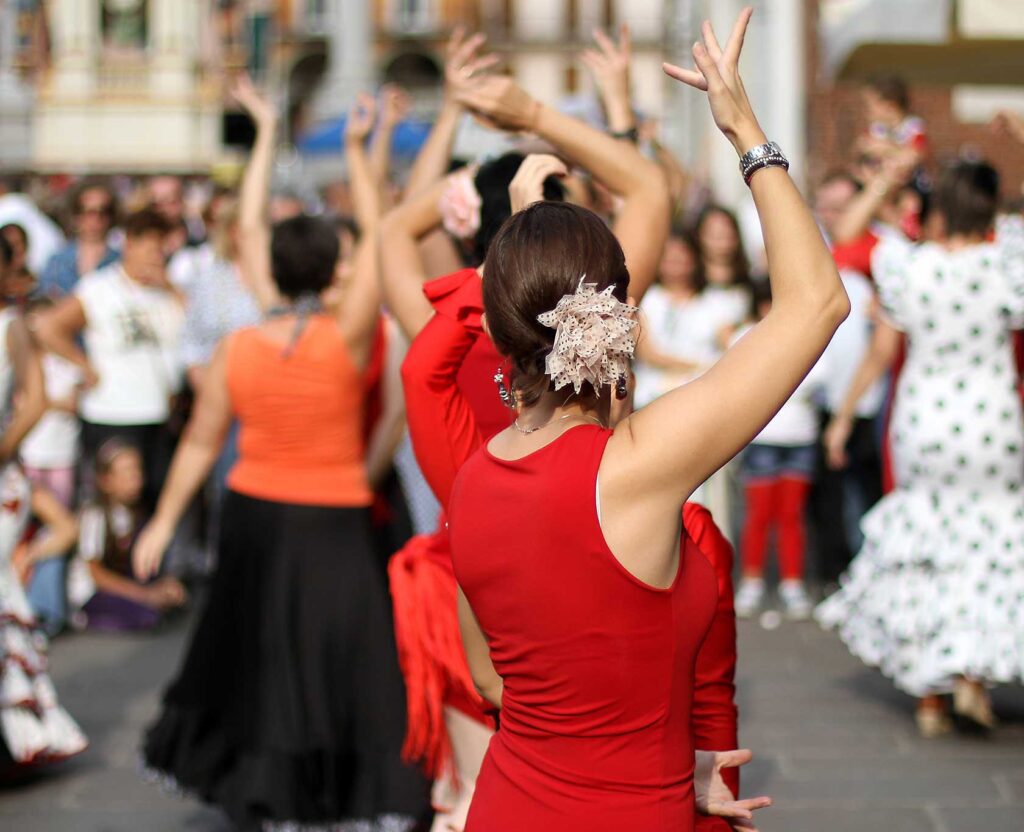Hispanic Heritage Month begins
City of Boston celebrates cultural diversity with month-long Fiesta en la Plaza

National Hispanic Heritage Month, which began Sept. 15, is celebrated with fiestas, salsa dance classes and steaming trays of empanadas, but local leaders say it should also be a time to examine historical challenges, resource access issues and policies affecting the community.
President Lyndon Johnson established Hispanic Heritage Month in 1968 as a weeklong national celebration, which President Ronald Reagan in 1988 expanded to a month ending Oct. 15. The celebration pays homage to the Independence Day celebrations of Costa Rica, El Salvador, Guatemala, Honduras and Nicaragua, which all declared independence from Spain on September 15, 1821. Other independence days also fall during the commemorative month, such as Mexico’s on Sept. 16.
Governor Maura Healey issued a proclamation this Sept. 13 declaring Hispanic Heritage Month in Massachusetts. She also signed an executive order aimed at improving language access around the state. The order requires state agencies to assess their language access resources and improve gaps so that non-English speakers can receive assistance in filling out forms and receiving information about government services.
Lorna Rivera, director of the Mauricio Gastón Institute for Latino Community Development and Public Policy at UMass Boston, indicated that language and translation services are not the only policies important to the community.
Rivera said she would like to see other challenges that Latinos face, from violence in their home countries and during migration to employment, housing and health insurance in the United States, discussed during the month as well.
“I hope that not just recognizing Hispanic Heritage Month more broadly, right, but that we also can get to the local histories and the different cultural traditions and experiences and the shared history of oppression and colonization [and] displacement,” she said.
This year the City of Boston has partnered with Ágora Cultural Architects, a boutique production and consulting firm, on a celebration called Fiesta en la Plaza. This series of events throughout the month highlights a wide spectrum of cultures, traditions and artists in both fiestas and educational dialogues.
“There is a wide diversity, there’s a wide spectrum of who we are. Latin America is so big,” says Elsa Mosquera-Sterenberg, Ágora’s principal and co-founder. “And there are big cultural differences between a Mexican and an Argentinian or a Caribbean person and someone in rural South America. It’s not only salsa and drums and Mexican food that represent us.”
Terminology is important as well. The terms “Hispanic” and “Hispanic Heritage Month” were created by the federal government to refer to anyone descended from a Spanish-speaking country, including Latin America nations and Spain.
“Latinx” is a term that originated within the Latino community that refers specifically to people descended from Latin America. “Latinx” is also more inclusive of gender identities and Caribbean and Indigenous populations. This term intentionally removes Spain, the historic colonizer, from the ethnic group.
Both terms are used to refer to the annual celebration, but they can carry different meanings. Boston now refers to its month-long celebration as “Latinx Heritage Month,” aligning the city government specifically with Latin American populations.
Though the term “Latinx,” or more commonly now, “Latine,” which is more naturally spoken in Spanish, originated with the community, Rivera said most people would not describe themselves that way outside of an academic or policy discussion. Latinos identify most strongly with the country and culture they descend from. They would more likely say they are Mexican, Guatemalan or Salvadoran than Latino.
This has an impact larger than just cultural designation in casual conversation. Because most government documents, including the census, designate Latino as an ethnicity, members of that group are asked to also specify a racial designation. Rivera says this has a particular impact on accounting for Afro-Latino populations. Inaccurate statistics affect the amount of resources devoted to these communities.
According to the City of Boston, Latinos account for 20% of the city’s population and have seen a 256% increase in population since the 1980s. With statistics on Latino groups so easily miscounted, the numbers could be significantly higher.
Hispanic Heritage Month presents an opportunity not just to showcase and celebrate arts and culture, but also to illustrate the diversity of the community and to push for policies that benefit its members. All of those functions have a long-term societal impact, Rivera noted.
“To celebrate that cultural diversity could then lead to more pride and resiliency among the youth, if they see that history is reflected in their school curriculum, if they have teachers and leaders in their community,” Rivera said. “It’ll be them in the future, and they can imagine and become the next generation of political leaders.”







